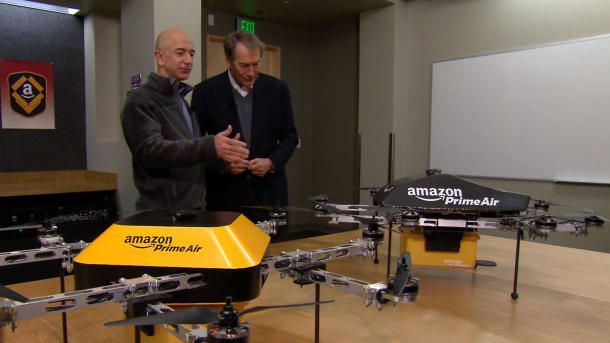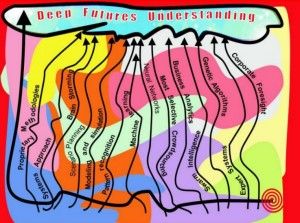Dec 2, 2013
New Tech and National Security Law – 3D Printing
Posted by Seb in categories: 3D printing, complex systems, defense, engineering, geopolitics, military
For those who haven’t been following along, this recent story about 3D printing of plastic guns should be a revelation. 3D printing is one of those technologies where the reality is fast outrunning our imagination. It is, in essence, the ability to construct a product from feedstock using a readily available “printer” linked to a computer where the source code for the product is executed. According the Washington Post’s story, the new plastic guns are capable of firing lethal rounds and, naturally, they are beyond the detection of metal detectors.
But for every “parade of horrible story” about 3D printing there’s also one of great promise. For example, NASA recently announced plans to send a 3D printer to the space station. This development, combined with the development of printing for metal objects (from liquid metal feedstock) means that many of our concepts of logistics will go out the window. If a manufacturer can construct metal parts from an easily transported feed stock then, as Andrew Filo, a consultant with NASA on the 3D space station printing project, said: “You can get rid of concepts like rationing, scarce or irreplaceable.” That’s a truly extraordinary development.














